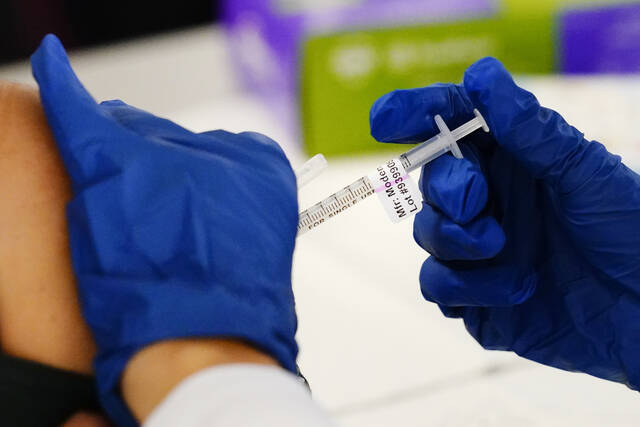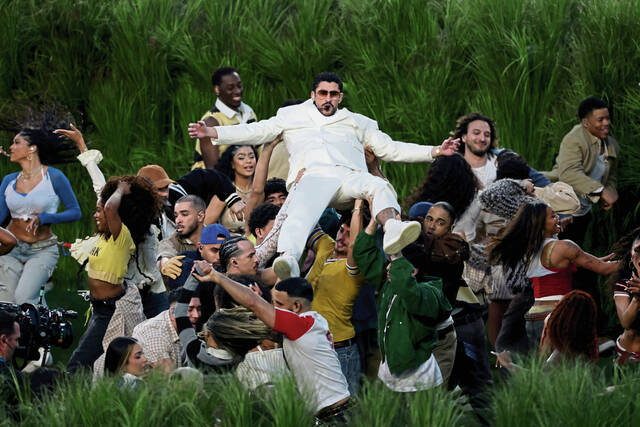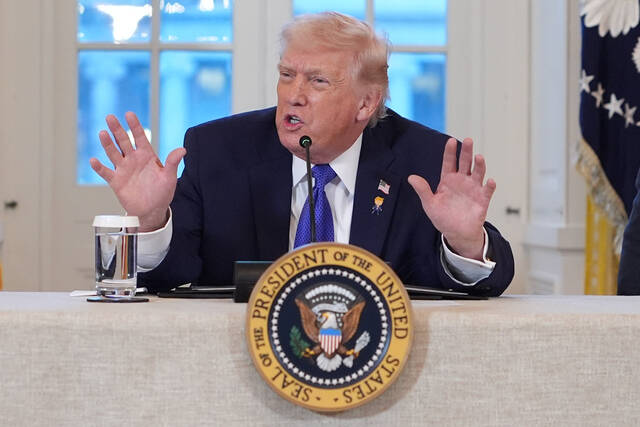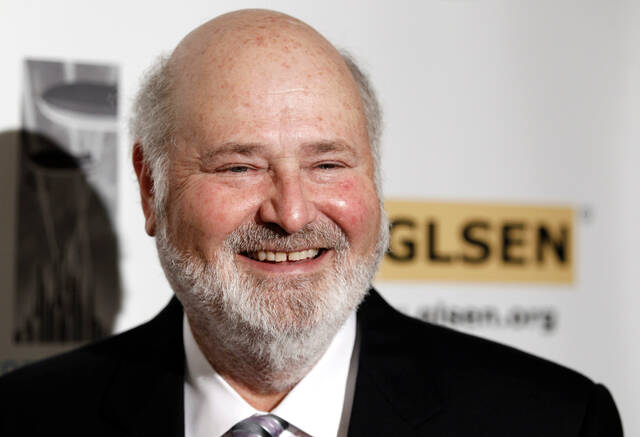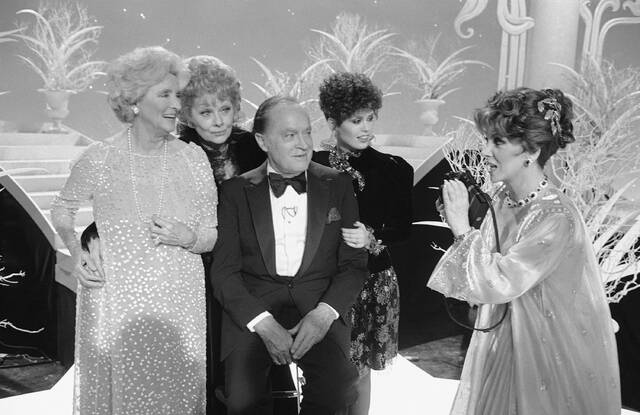Covid vax mandates continue to head to the Supreme Court. Currently, the court is reviewing the Biden OSHA mandate seeking to forcibly vaccinate Americans who work for organizations with more than 100 employees. Recently, the court declined to stop a state vax mandate for health care workers invoking religious objections. Among the court’s covid actions, the latter is particularly troubling.
Specifically, the court declined to halt New York Gov. Kathy Hochul’s denial of religious appeals of state health care workers. Only three justices intervened: Neil Gorsuch, Samuel Alito and Clarence Thomas.
Gorsuch denounced the state of New York’s intention to fire workers and strip their unemployment benefits. This undermining of First Amendment freedoms, noted Gorsuch, “alone is sufficient to render the mandate unconstitutional.” Gorsuch concluded his 14-page dissent: “Today, we do not just fail the applicants. We fail ourselves.”
Among those failed, Gorsuch pointed to two Catholic physicians who argue that the vaccines’ development included the use of fetal cell lines for development or testing: “These applicants are not ‘anti-vaxxers’ who object to all vaccines. Instead, the applicants explain, they cannot receive a covid-19 vaccine because their religion teaches them to oppose abortion in any form.”
Regardless of whether one agrees, this is the physicians’ sincerely held religious belief.
And yet, not only are religious rights not being respected, but they are being suspected. Increasingly, as the pandemic has worn on, supporters of vax mandates insist that many Americans seeking religious exemptions aren’t actually religious — they’re hiding behind phony faith claims. What really is “religious?” the New York Times asks.
To be sure, one would hope that most people making religious appeals are genuinely religious. On its face, that seems a legitimate criticism. But dig deeper into the history of American religious-conscientious objection.
Note the crucial second word: conscientious.
From the start of the religious-appeal process against covid mandates, I’ve been concerned that these appeals are typically labeled “religious exemptions.” More accurately, they are religious/conscientious exemptions.
Conscientious objection, of course, has a long and noble history in America. One of our most revered founders, James Madison, father of the Bill of Rights, insisted that an individual’s conscience was a possession “more sacred than his castle.” Just as one has the right to property, one has the right to conscience. Madison said that “all men are entitled to the full and free exercise of religion, according to the dictates of conscience.”
This freedom has served America so admirably for centuries, from conscientious objectors in World Wars I and II to the Vietnam War, from the appeals of citizens as diverse as the Quakers, Mennonites, Sgt. Alvin York, Desmond Doss, Muhammad Ali, the Berrigan brothers and Martin Luther King Jr. Today, it is appealed to by the likes of Hobby Lobby, the Little Sisters of the Poor and Kim Davis.
Liberals are aggressive supporters of conscience when it comes to, say, refusal to fight in a war, but spurn it for the Baptist florist or Christian cake-baker who beg to decline serving a same-sex wedding, or now for those Americans claiming conscience rights against forced vaxxing.
Vax mandates should be no exception. Americans stand on firm ground whether they appeal to their religion or conscience. It’s incumbent upon critics and HR departments and governments to honor this. In this nation, your conscience must remain sacred.


